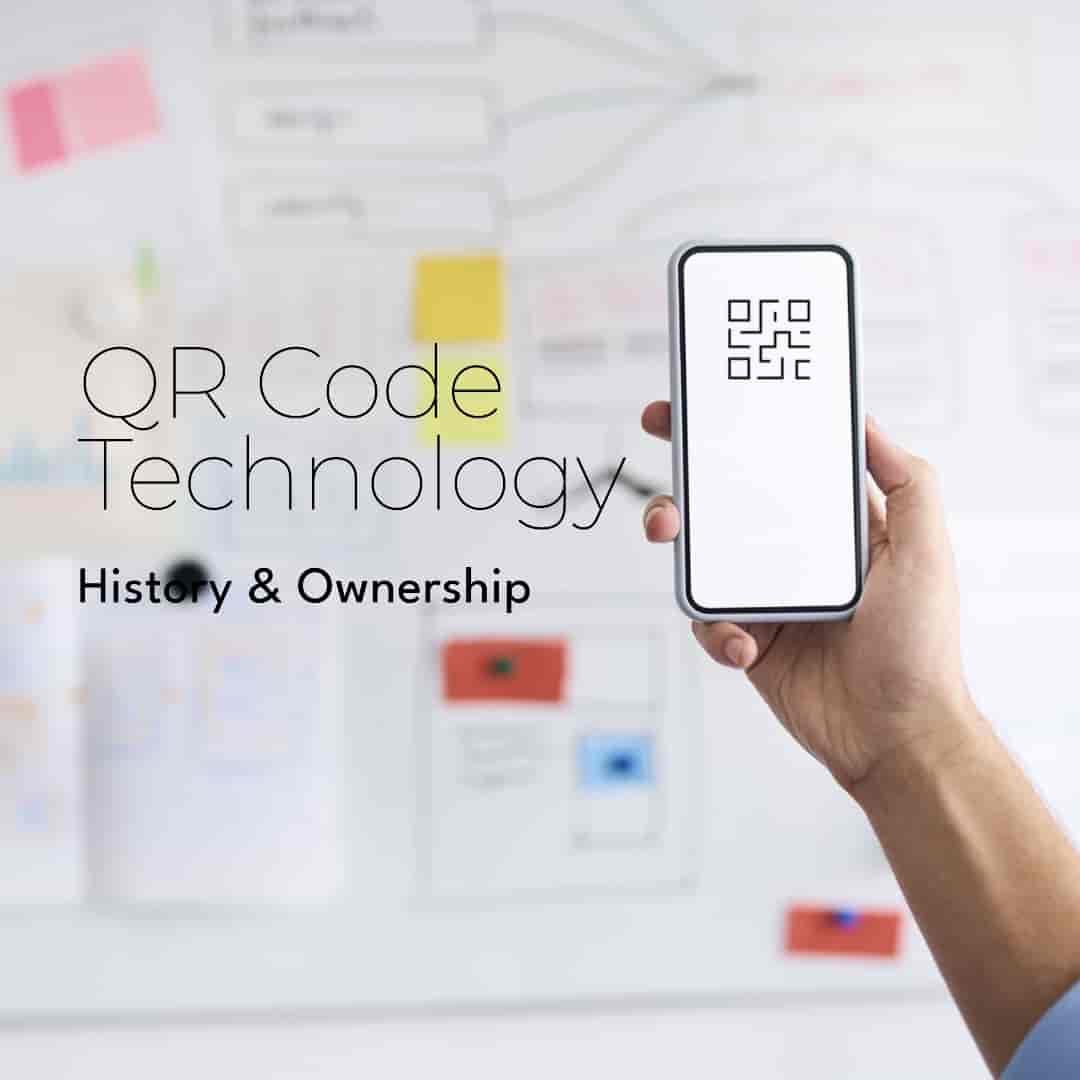In the digital landscape, QR codes have become synonymous with quick and efficient data sharing. From business cards to billboards, these two-dimensional barcodes are everywhere. But a question that often goes unanswered is, "Who owns QR code technology?" This article aims to shed light on the ownership and intellectual property aspects of QR codes, tracing their origin and exploring the legal framework that governs them.

The Genesis of QR Codes
QR codes, or Quick Response codes, were initially developed in 1994 by Denso Wave, a subsidiary of the Denso Corporation, a Japanese automotive components manufacturer. The technology was created to improve the speed and accuracy of tracking automotive parts during manufacturing. Given its efficiency, the application of QR codes quickly expanded beyond the automotive industry into various sectors like retail, healthcare, and marketing.
Denso Wave: The Original Innovator
Denso Wave holds the patent rights to the QR code technology. However, in a move that significantly contributed to the widespread adoption of QR codes, the company decided not to exercise its patent rights. This means that while Denso Wave is the original innovator and patent holder, they have opted for an open-source approach, allowing anyone to use QR code technology without the need for licensing fees.
Intellectual Property Considerations
While the basic QR code technology is free to use, certain customizations and applications may fall under different intellectual property laws. For instance:
- Custom Designs: Unique QR code designs may be protected under copyright laws.
- Branding: Incorporating logos or brand-specific elements could be subject to trademark regulations.
- Software: QR code generation and scanning software could be patented, requiring a license for commercial use.
Global Usage and Regional Laws
The open-source nature of QR code technology has led to its global adoption. However, it's essential to be aware of regional intellectual property laws, especially when using QR codes for commercial purposes across different jurisdictions.
The Ethical Dimension
Denso Wave's decision not to enforce its patent rights raises an interesting ethical discussion. By allowing free usage, the company has fostered innovation and broad application of the technology. However, this also means that they have relinquished control over how the technology is used, for better or worse.
Final Thoughts
So, who owns QR code technology? The straightforward answer is Denso Wave. However, the company's decision to make the technology open-source has effectively democratized its usage, making it a communal asset of sorts. While the basic technology is free for all, specific applications and customizations may still be governed by various intellectual property laws. Understanding this legal landscape is crucial for anyone looking to leverage QR codes for commercial or creative endeavors.